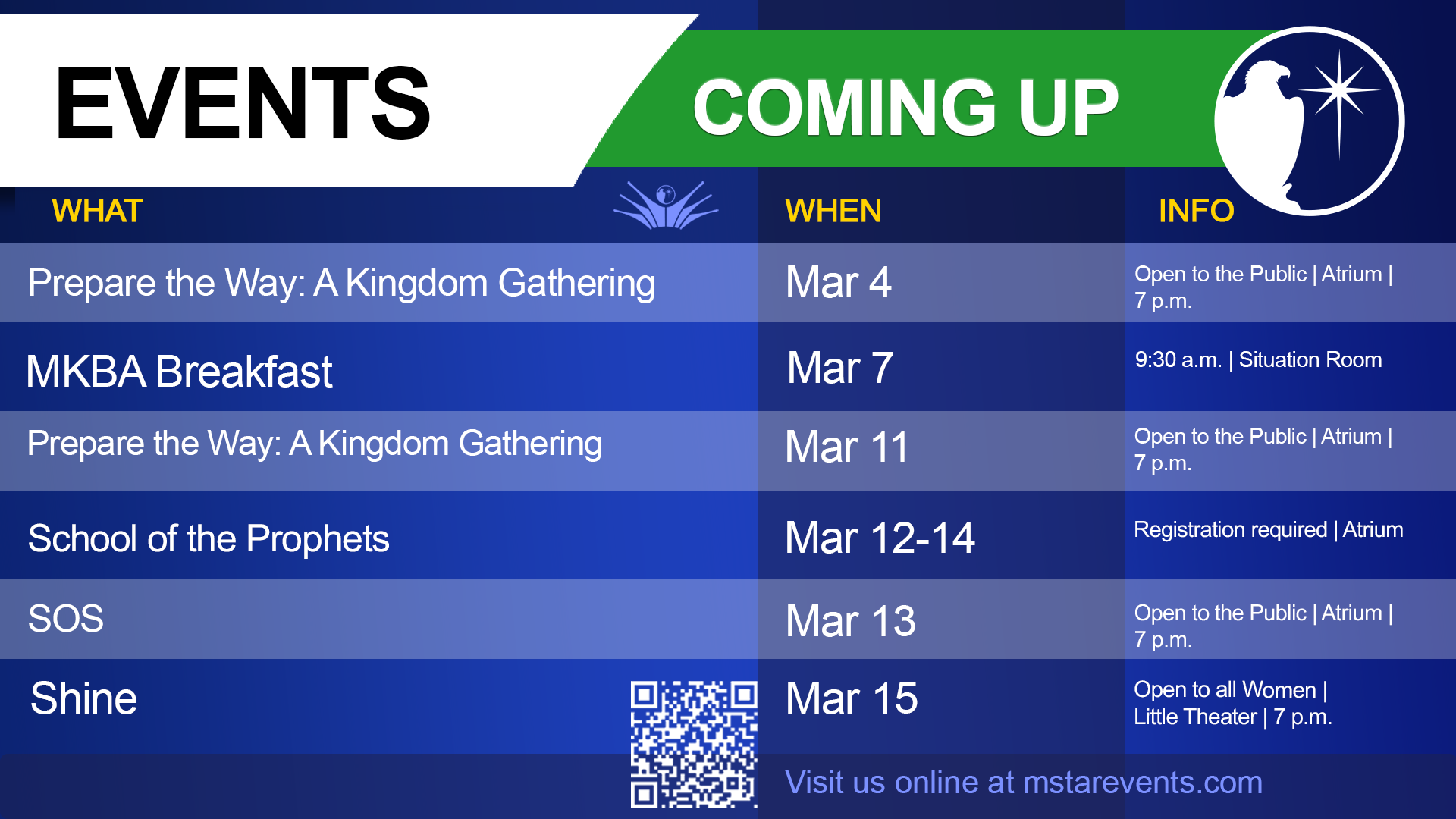At the beginning of the book of Revelation, it says the Lord gave John the revelation to give to His bond servants, plural. As we seek to understand it, we first must have the heart, the mentality, of a bond servant of Christ.
It is rare to find a disciple among the followers of Christ who lives according to the Lord’s own definition of a disciple. If disciples have an uncommon devotion to knowing the Lord and His ways—and they do—then bond servants are even rarer. These people live as true slaves, not doing their own will, but His. They belong to Him and have nothing of their own, not even themselves or their time. They consider any possessions they have, including their positions in His household, as their Master’s and themselves as stewards.
Those called of the Lord are given many titles in Scripture, as each denotes an aspect of what we are called to be. However, the bond servant is the humblest of our callings, which is why it may also be the least taught and considered by His people. Yet, it is the most important, because, “God is opposed to the proud, but gives His grace to the humble” (James 4:6, 1 Peter 5:5).
There is no treasure on earth as valuable as God’s grace, and He only gives this greatest treasure to the humble. Should we not, therefore, focus our devotion on humbling ourselves every way we can, seeking and embracing every opportunity to do this instead of bragging and seeking to inflate our image with others?
This humility must be reality, not just a doctrine, for those who would understand the book of Revelation. It was given to the Lord to give to His bond servants. The lowliest of all have the highest place with the Lord. These are entrusted with His greatest treasures—the wisdom and knowledge of His ways, many of which are revealed in their most profound and magnificent way in the book of Revelation. We are even promised a blessing just for reading it.
For this reason, we will study it and seek its understanding. However, this understanding will not come from our knowledge and great learning, but from our humility. As Jesus rejoiced in Matthew 11:25-26, “At that time Jesus said, ‘I praise You, Father, Lord of heaven and earth, that You have hidden these things from the wise and intelligent and have revealed them to infants. Yes, Father, for this way was well-pleasing in Your sight.’” If this were more accurately translated, it would convey an ecstasy Jesus had at this truth that caused Him to jump into the air and spin around with joy.
So, as we approach this book, let us do so as a little child, which He said we would have to become like to enter the kingdom. We must be teachable like children and not presume that we already know, which can be a pride that the Lord resists. Regardless of how many books we’ve read or how many sermons or teachings we’ve heard about the book of Revelation, we must come to it now with open, teachable hearts.
By this I am not asking you to give up all of your knowledge and understanding. I am only asking that, when there is conflict between it and a new perspective, you will honestly consider the new, and, if there is merit to it, lay aside the old understanding.
As my understanding of the book of Revelation may be new to you in some ways but old to me, I am also going to go through this study seeking new insights which I don’t now have. I have asked for the Lord to send us the same angels that spoke to Daniel and to John to come and teach us. They are “ministering spirits” sent to serve the heirs of salvation, and we need them.
Of course, this is not to suppose that we are seeking to add to the canon of Scripture, just to understand it. As we are fast approaching the end of this age, we must desire this understanding to be better bond servants of our Lord, and we must pray that any increased knowledge and understanding will make us humble rather than arrogant. By this grace, may we always keep in mind that, regardless of how much our understanding grows, we still only “know in part,” and we must receive the parts we do not have from others to get the complete picture.



